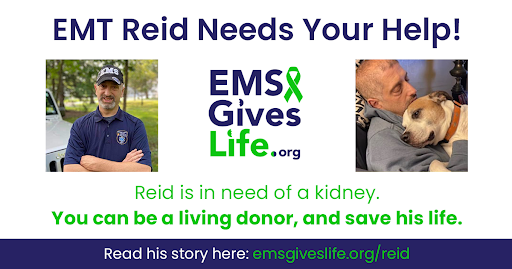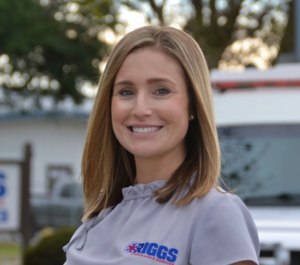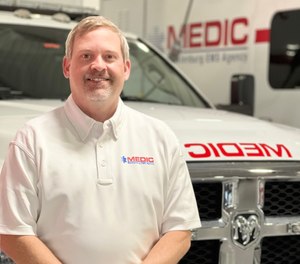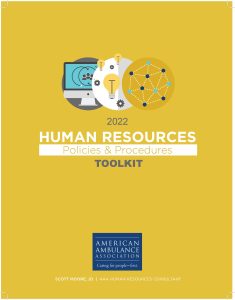DOL COVID-19 Exposure Rule-Making
The United States Department of Labor (US DOL) has published a notice of intent to partially reopen the rule-making process to permit additional comment and a public hearing on certain aspects of the OSHA Emergency Temporary Standard for Healthcare employers which was originally published in June 2021. OSHA is seeking further input from stakeholders as they develop a final standard. The public hearing will begin on April 27, 2022.
The agency is reopening the rulemaking record to allow for new data and comments on topics, including the following:
- Alignment with the Centers for Disease Control and Prevention’s recommendations for healthcare infection control procedures.
- Additional flexibility for employers to permit less prescriptive requirements
- Removal of scope exemptions.
- Tailoring controls to address interactions with people with suspected or confirmed COVID-19.
- Employer support for employees who wish to be vaccinated.
- Limited coverage of construction activities in healthcare settings.
- COVID-19 recordkeeping and reporting provisions.
- Triggering requirements based on community transmission levels.
- The potential evolution of SARS-CoV-2 into a second novel strain.
- The health effects and risk of COVID-19 since the ETS was issued.
OSHA made it clear that it is not proposing mandatory COVID-19 vaccination for healthcare workers. However, they are seeking comments regarding how it could help employers further support healthcare worker employees in their vaccination and boosting efforts. This could include paid leave, including travel time, for those seeking vaccinations or boosters.
The notice in the Federal Register had a slightly more relaxed tone as many areas in the country have seen a significant drop-off in cases. If you are interested in submitting comments, you can do so electronically at www.regulations.gov. If you wish to attend the video-based public hearing, you must file a notice of intention to appear with the US DOL within 14 days of the notice being officially published in the Federal Register.
If you have any questions about your current obligations under the OSHA rules, please email the AAA at hello@ambulance.org.




-1.png?w=300&format=jpg&quality=87&crop=28%2C0%2C300%2C265)








